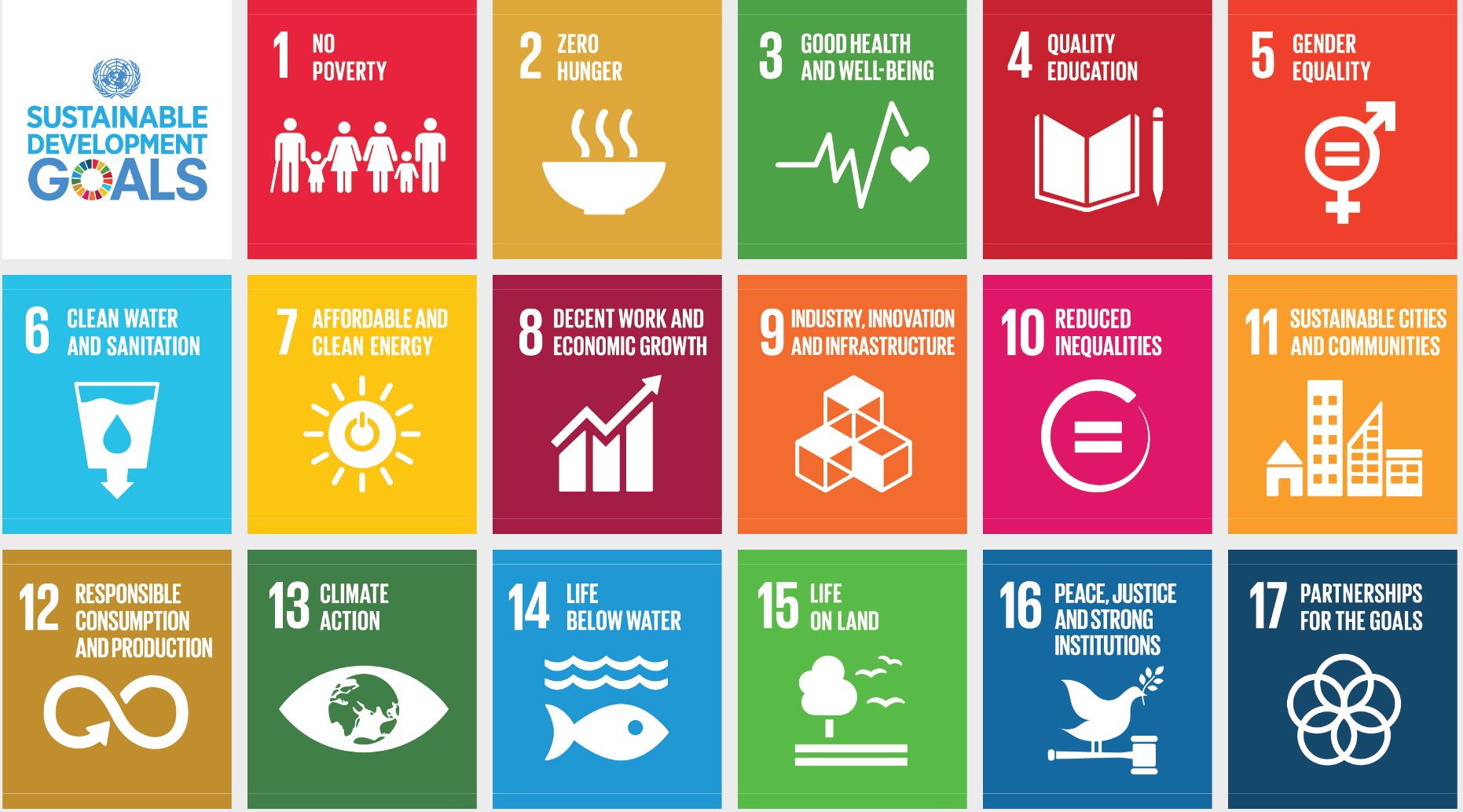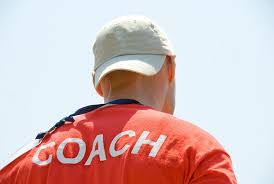Empowering Athletes and Communities: How Invictus Supports the United Nations Sustainable Development Goals
In a world where dreams are often hindered by financial constraints and lack of resources, Invictus stands as a beacon of hope for aspiring athletes. Founded with a mission to address the financial challenges faced by athletes and combat the decline in youth sports participation, Invictus is not just a company but a catalyst for positive change, aligning its efforts with the United Nations Sustainable Development Goals (UNSDGs) in the following ways:
Goal 1: No Poverty
Invictus addresses the financial struggles of athletes, particularly those from marginalized communities, by providing them with opportunities to earn income through their talents and dedication to sports. The platform enables athletes to monetize their skills by offering feedback and coaching services, thus contributing to poverty alleviation within the sports community.
Goal 3: Good Health and Well-being
By promoting youth sports participation, especially among marginalized communities, Invictus fosters physical fitness and mental well-being. Participation in sports enhances overall health, reduces the risk of chronic diseases, and promotes a sense of well-being and confidence among individuals.
Goal 4: Quality Education
Invictus supports quality education by offering a learning opportunity for young athletes through its sports video feedback platform. This platform facilitates skill development and knowledge sharing, empowering athletes to improve their performance and excel in their chosen sport, thus enhancing their educational and personal development.
Goal 5: Gender Equality
Invictus promotes gender equality by ensuring equal access to feedback and coaching for both male and female athletes. The platform creates an inclusive environment where athletes of all genders can receive guidance and support to reach their full potential in sports, breaking down gender barriers and promoting equal opportunities.
Goal 8: Decent Work and Economic Growth
Invictus contributes to decent work and economic growth by creating economic opportunities for elite athletes and coaches. Through its platform, athletes can monetize their expertise by providing feedback and coaching services, while coaches can expand their client base and generate additional income, thus fostering sustainable growth in the sports industry.
Goal 9: Industry, Innovation, and Infrastructure
Invictus fosters innovation within the sports industry through its sports video feedback platform. By leveraging technology to connect athletes with elite coaches and mentors, Invictus promotes innovation in coaching methodologies and training techniques, driving improvements in athlete performance and overall sports development.
Goal 10: Reduced Inequalities
Invictus aims to reduce inequalities by providing access to coaching and feedback for youth athletes from marginalized communities. The platform breaks down geographical and economic barriers, enabling athletes from diverse backgrounds to receive guidance and support to pursue their sporting dreams on an equal footing.
Goal 17: Partnership for the Goals
Invictus collaborates with various stakeholders in the sports industry, including elite athletes, coaches, sports organizations, and governmental and non-governmental organizations, to achieve its mission and maximize its impact. These partnerships leverage expertise, resources, and networks to drive positive change in the sports community and contribute to the broader agenda of sustainable development.
In summary, Invictus plays a significant role in advancing multiple UNSDGs by addressing financial challenges, promoting youth sports participation, fostering education and skill development, promoting gender equality, creating economic opportunities, driving innovation, reducing inequalities, and fostering partnerships for sustainable development within the sports industry.






